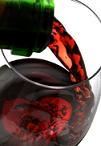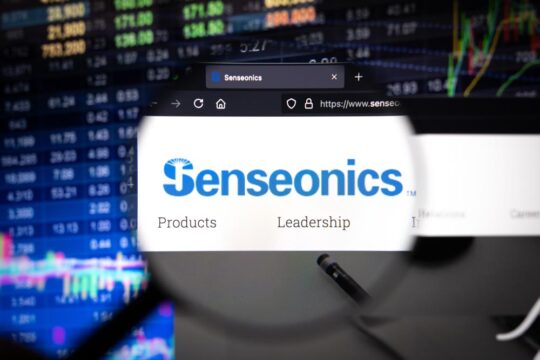Advertisment
FDA Highlights: Gabapentin appears to be safe and effective for alcohol dependence therapy

by Bruce Sylvester – Gabapentin, a treatment for epilepsy and neuropathic pain, appears to be safe and effective for treating alcohol dependence, researchers reported in JAMA Internal Medicine on November 4, 2013.
The finding comes from a 150-patient randomized, placebo-controlled, double blind clinical trial conducted by scientists at The Scripps Research Institute (TSRI) in La Jolla, California.
“Gabapentin’s effect on drinking outcomes is at least as large or greater than those of existing FDA-approved treatments,” said lead investigator Barbara J. Mason, Ph.D, Pearson Family Professor and co-director of the Pearson Center for Alcoholism and Addiction Research at at The Scripps Research Institute. “Plus it’s the only medication shown to improve sleep and mood in people who are quitting or reducing their drinking, and it’s already widely used in primary care—that’s an appealing combination,” she added
Mason and her team randomized 150 recently abstinent subjects with alcohol dependence to treatment with 900 mg or 1,800 mg of gabapentin, or with a placebo.
They found that during the 12 weeks of treatment, the high-dose group refrained from heavy drinking twice as often as the placebo group (45% vs. 23%), and entirely abstained four times as often (17% vs. 4%).
Gabapentin also appeared to significantly reduce the number of drinks consumed and cravings, depression and sleeplessness. No gabapentin-treated subject reported any serious side effect related to the drug.
Patients who received the lower, 900-mg dose of gabapentin showed less benefit from the therapy, suggesting a “dose-response effect,” which is also a sign that the treatment works.
“I think that we can now have confidence in the pharmacological effect of this drug,” Mason said.
There are two FDA-approved therapies for alcohol dependence, disulfiram and naltrexone. Both are largely ineffective against the anxiety, depression, sleeplessness and other withdrawal symptoms that help maintain alcohol abuse. In contrast gabapentin has a quieting effect on overactive brain areas.
“I’m excited about the possibility that now more people will get treatment,” added Mason. “We really need to do more about treating alcohol dependence.”





